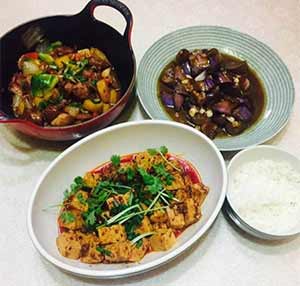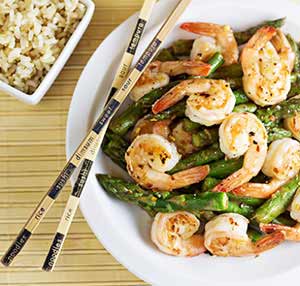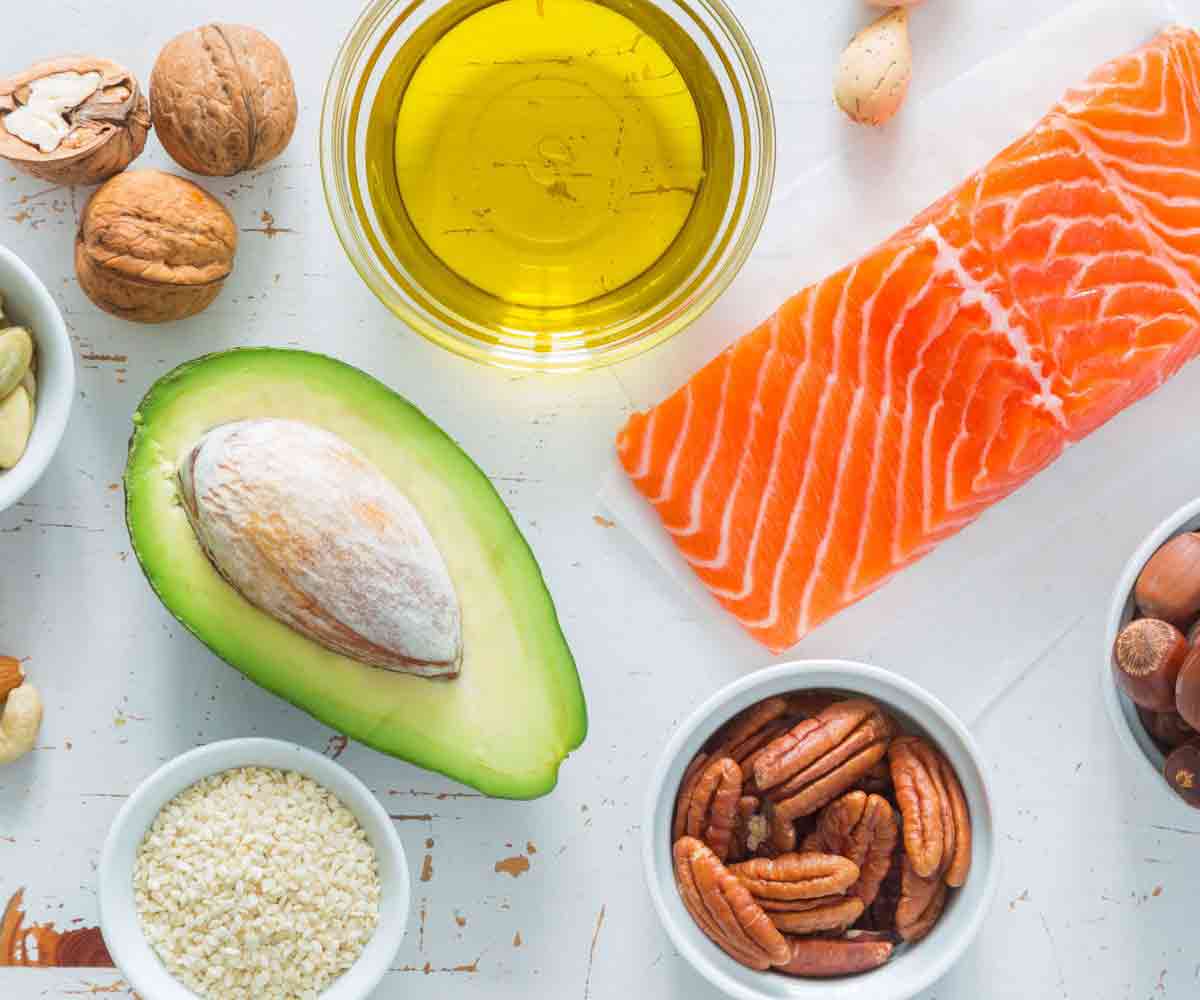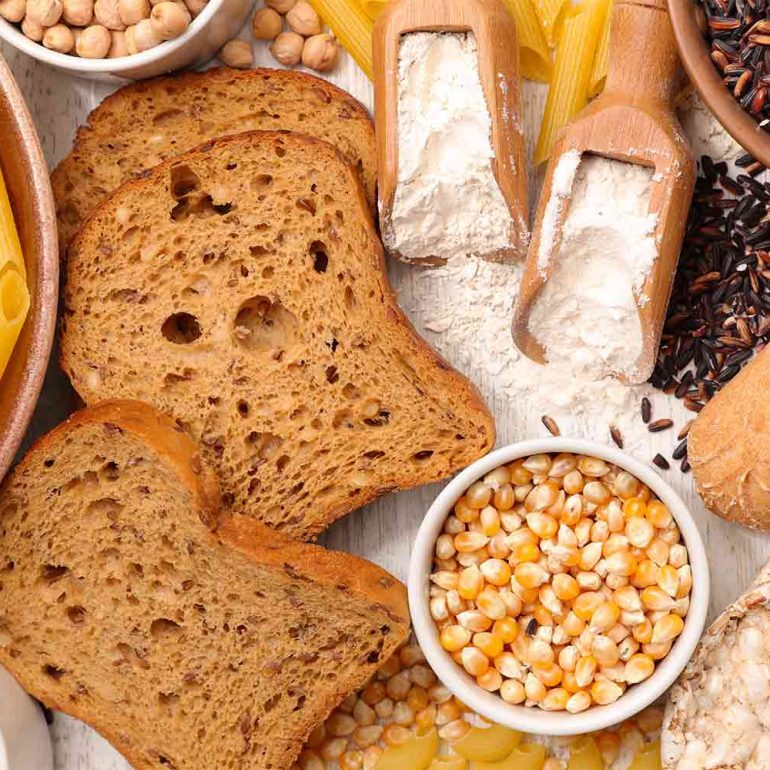One of the biggest observations I had when I first came to the US was the massively different role that fat-based foods plays in people’s daily lives, along with the entirely different psychology around it.
For many Americans, eating foods rich in fat is a lifestyle.
For instance, cheese and cream are essential parts of life. Family movie nights can’t happen without the buttered popcorn, and a burger without 1-2 slices of cheese isn’t complete. Mozzarella strings are finger snacks that adults and children happily indulge in. When you devour cheese, cream or any fat-based dressing in your food – like those in that burger – every titbit of them goes into your body.
Yumm…. Everything’s good.
To the Chinese, fat is only for the utility purpose of cooking, and in general, eating fat is not associated with pleasure, entertainment, or boredom.
For this reason, there are way fewer opportunities to eat fat-based foods in China, and the primary sources of them are the cooking oil, limited fatty tissues of meat, and nuts that are only occasionally eaten.
Rarely do Chinese people, who enjoy natural foods that are far richer in flavors and textures, eat fat-based food just by itself. And such inventions like deep-fried mozzarella sticks, weren’t nearly imaginable before I left China.
The different perception about fat-based food (utility vs. pleasure) answers the astronomical gap between the fat intake of people in the two countries. According to Euromonitor, an average American eats 65.5g fat on a daily basis, an average Chinese eats 28.3g. However, the Chinese don’t go out of their way to resist fat and keep it at bay. To them, fat is not seen as a type of food; it’s simply a tool for cooking. And even the limited cooking oil used ends up getting wasted.
Here is how it happens:

When someone does a stir-fry, he needs about 1-2 tbsp of oil to get the skillet ready.
Mom carefully measuring oil before cooking starts
During the cooking process, juice from the food ingredients ooze out and mixes with the oil, creating the sauce, which usually sits at the bottom of the plate when people eat the dish. Unless someone drinks it up (which rarely happens), a good portion of that sauce, and the oil inside it, is still left intact. The next stop for them is the trash can. In the meantime, each dish is shared by a few people within the household, so everyone only gets a share of everything – including the oil.
A typical meal for 3, note that most oil is kept in the sauce which sits at the bottom and won’t be touched.
Does eating fat make you fat, though?

Not necessarily. Because food fat and body fat still have a wall in-between, the way the body turns food fat into body fat is infinitely complex, involving hundreds of different chemical reactions and dozens of nutrients.
However, high fat intake is linked to heart disease and cancer, and it’s also linked to negative changes in the body’s thermogenesis – in plain words, the rate it burns/retains fat, i.e. metabolism.
During The China Study, the biggest nutrition study in history run by Oxford University, Cornell University, and the Chinese central government, found that the least active Chinese (people who sit all day long) consume 30% more calories than the average American while weighing 20% less.
Shocking!
“It must be the Asian genes” – you think.
Yet, Dr. Campbell – the lead researcher of China Study – disagrees. Instead, he believes it’s the diet that makes the difference.
The click: people who eat a high-fat, high-protein diet tend to retain more calories.
Unbelievable isn’t it?
Health ‘gurus’ have always marketed the idea that high-fat, high-protein diets can accelerate metabolism. That’s why we buy meat and dairy products like crazy and even follow some fad schemes like Atkins, South Beach, etc.
But this statement is clearly vetoed by the biggest nutrition study done in human history, with an unprecedentedly large sample pool.
Dr. Campbell also mentions in the book that he didn’t just develop this conclusion based on the China Study, per se. In fact, it was already formed during a series of other studies that he did. The China Study just validated this finding again with its comprehensive dataset and analysis methods.
And guess what, all is consistent with the recent discovery that vegetarians who eat less fat usually have a faster metabolism than non-vegetarians. We know that when it comes to BMI control, a small difference in daily metabolism makes the stark difference in the long run.
Meanwhile, this is perhaps why the Chinese government which has invested hundreds of billions of dollars in national health and wellness initiatives in recent years, still suggests its citizens have a moderate amount of meat (50-100g per day) in their diet, aligned with the world’s decade-long high-protein low-carb trend.
But we do have a challenge.
For someone who has already eaten a high-fat diet for so long, how do you even start eating it more rationally? One simple psychological shift can kick things around for you:
Now, you need to rewire your brain and think of fat as a utility tool, not a source of pleasure, entertainment, or flavors. You can have far better ways to get these.
And based on that, you can quickly draw a line regarding when to eat fat and how much fat to eat. For instance – adding coconut oil into your cooking skillet should be a yes, eating mozzarella strings or adding a tablespoon of mayo to your sandwich is a clear no.
Note that I’m not asking you give up your comfort food – not a single part of this Guide is asking you to do so, and even I’m still eating chocolate on a relatively frequent basis.
Instead, what I want to do is to give you the awareness that will allow you to find the healthy boundary between what’s necessary and what’s not, without hurting your contentment too much. (You will learn how it will NOT hurt your contentment in Part 6 / Principle #2.)
Most importantly, this new perception about fat will lead you to naturally embrace more whole, fresh, and naturally flavorful foods and move the processed, fat-drenched junks (i.e. French fries) out of your life.
“But isn’t fat essential for health though?” You ask.
Yes, unsaturated fat can help you absorb nutrients better, and it also improves your brain, nerve and heart functions. You can get plenty of it from your daily cooking oil, lean meat, soybeans, rice/bread, and vegetables (yes, some are shocked to know plants contain fat, they do!)
Saturated fat and trans fat can create problems for you, and they mostly gather in the crowded junk food aisles in most grocery stores.
You can start decreasing your fat intake by switching to healthy, clean, and delicious recipes. There are plenty of food bloggers out there, and one of my favorites is Home Cooking Memories owned by Brandie. She shares a lot of simple, thoughtful, and delicious recipes, making everyone’s life a lot easier!

This is my favorite dish by Brandie. It’s delicious, and the good portion of protein and fiber keeps you full for a long time.
This Shrimp & Asparagus Stir-Fry with Lemon Sauce recipe is offered by Brandie @ Home Cooking Memories.
Founder of Rice Lean, Body & Health Coach for Busy Women. In 2017, I helped 513 women across the United States and United Kingdom to lose weight based on principles of integrity, simplicity, and sustainability. It was incredibly inspiring to see how the simple wisdom from my hometown in Asia ended up completely changing people’s bodies. The truth is: when REAL weight loss happens, it happens FAST.




